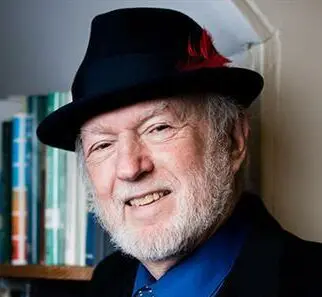Hastings Center News
Sheldon Krimsky Remembered
The Hastings Center staff and community are saddened by the death of Sheldon Krimsky, a Hastings Center fellow, who warned of the risk of conflicts of interest from private companies funding and influencing academic research. Krimsky taught at Tufts University for 47 years. He died unexpectedly on April 23 at the age of 80.
In an interview with the New York Times for Krimsky’s obituary, a colleague at Tufts called him “the Ralph Nader of bioethics.” While Krimsky was especially well-known for highlighting the problems of commercial interests in science, he explored a wide range of topics as the author, co-author, or editor of more than 17 books. Those books include Science in the Private Interest (2003), Genetic Justice (2012), The GMO Deception (2014), and Understanding DNA Ancestry (2021).
“Sheldon Krimsky understood that wherever wealth and power were concentrated, abuse was an ever-present temptation,” said Tom Murray, President Emeritus of The Hastings Center. “Early on he saw how corporations used their power against science—to silence it, to spread misinformation about its findings, to bend public policy to its desires. He sounded the alarm then, and he persisted until his death. Shelly was a genial, warm crusader for justice and truth. This country and this world are better off thanks to him. The Hastings Center was wise, and proud, to welcome him as a Fellow.”
Bruce Jennings, a political scientist who is a senior advisor to The Hastings Center and Hastings Center fellow, called Krimsky a pioneer in the field of critical policy studies. “He chose to concentrate in areas where social injustice and inequities of wealth and power demand attention, such as genetics and biotechnology, environmental justice, and corporate misconduct,” he said. “His voice will reverberate in bioethics for many years to come.”
Hastings President Mildred Solomon recalled his commitments to justice and to his insistence on public participation in science policy. “I also experienced his great generosity as a mentor,” Solomon said. “When I was at the very start of my career, I heard about a dynamic faculty member over at Tufts who knew a lot about environmental ethics. I was working on a project that needed exactly his kind of expertise and called him out of the blue. He shared ideas, materials, and a lot of enthusiasm that provided an important mentorship model for me going forward.”

